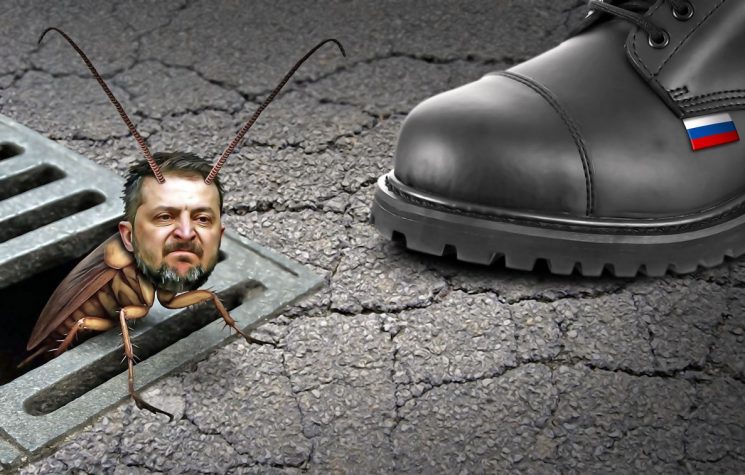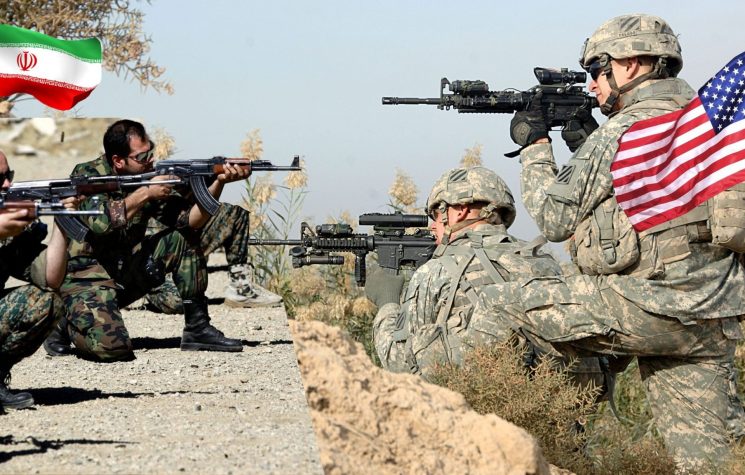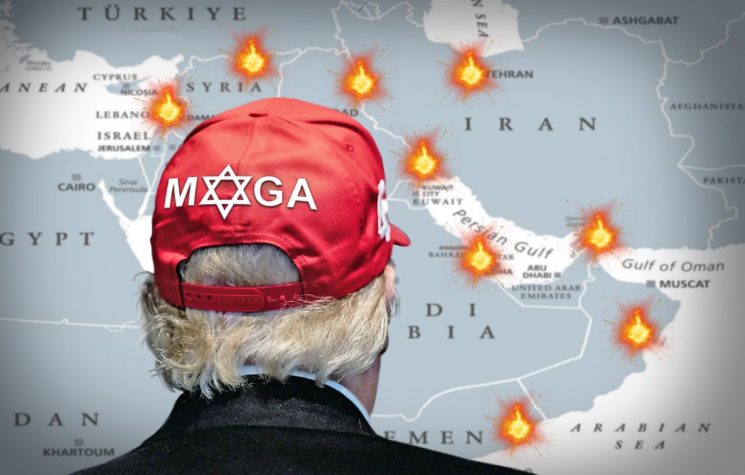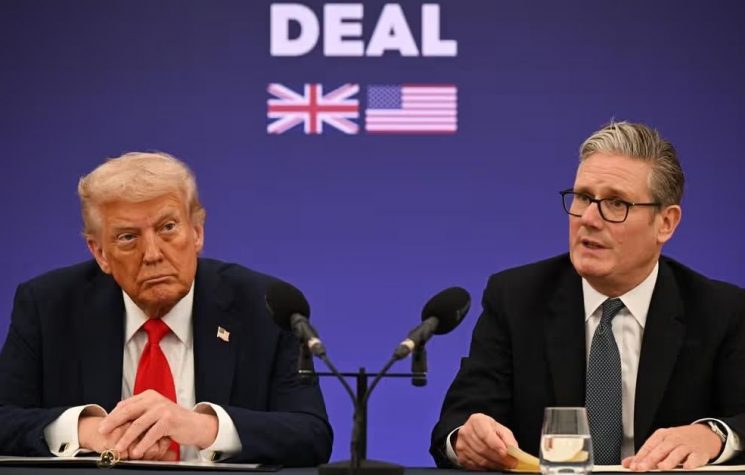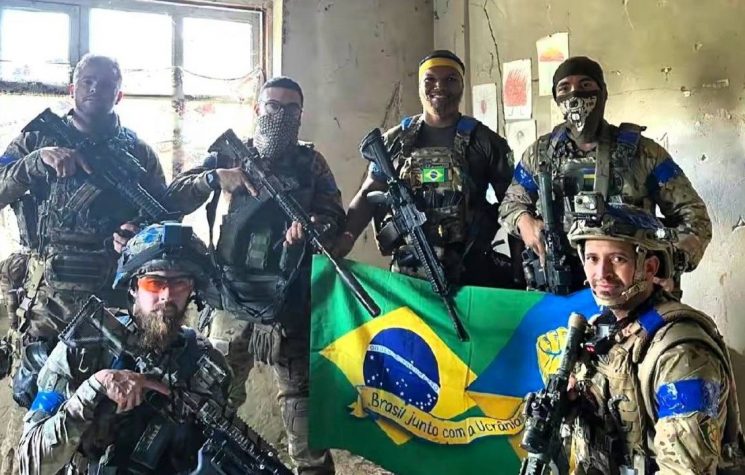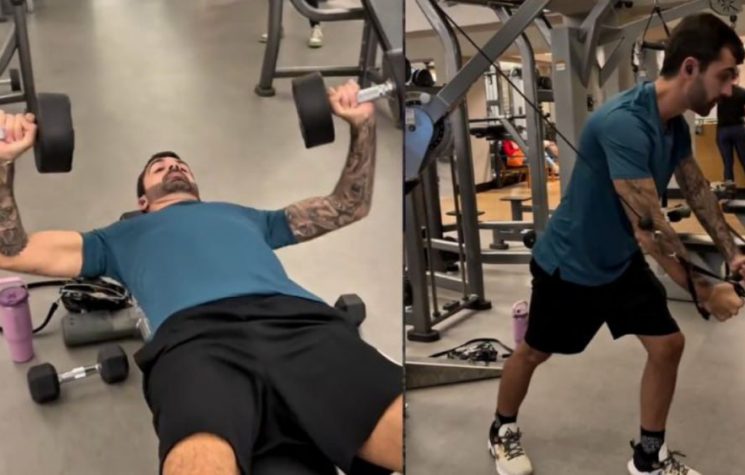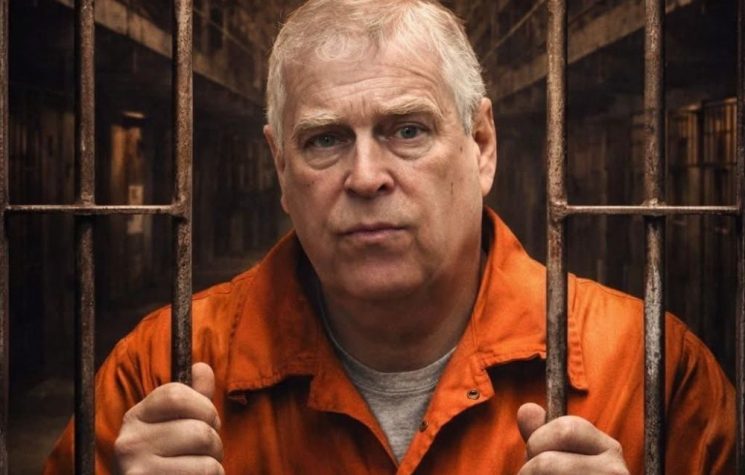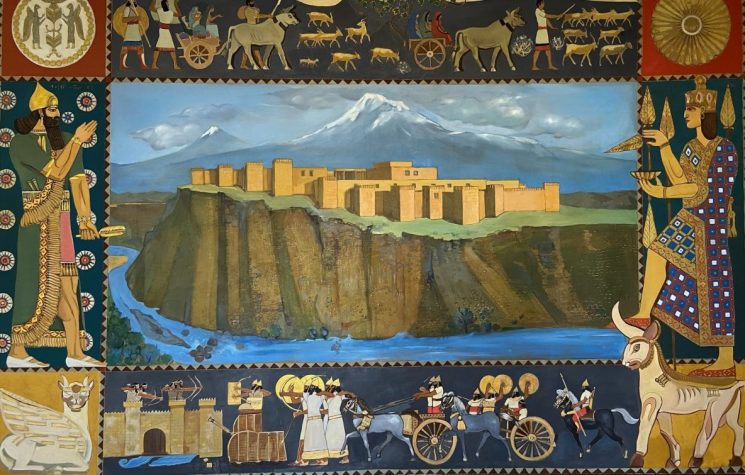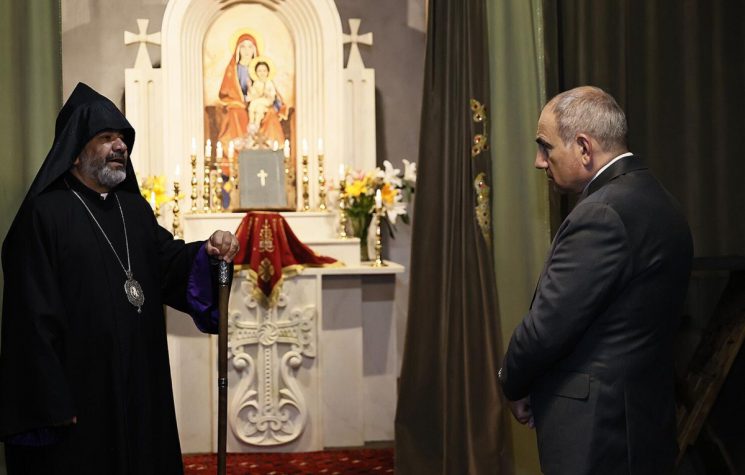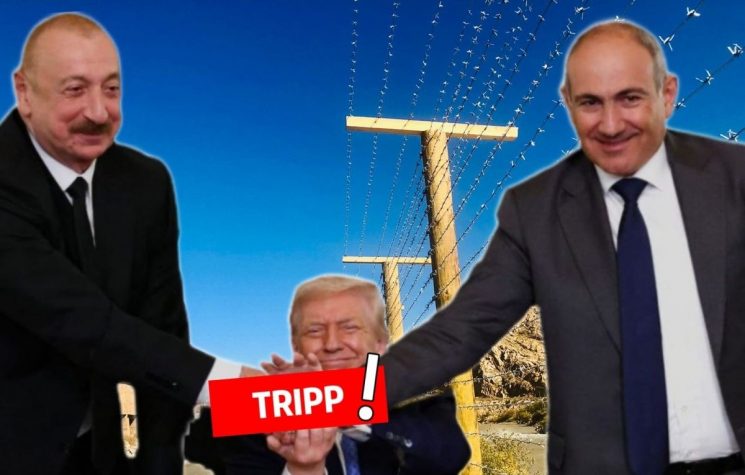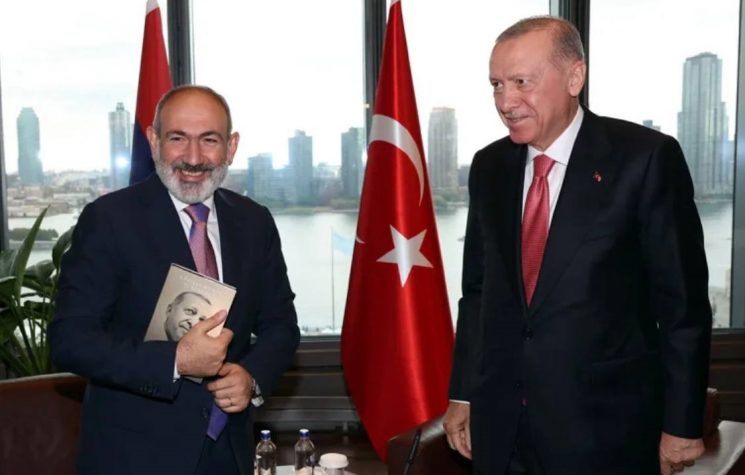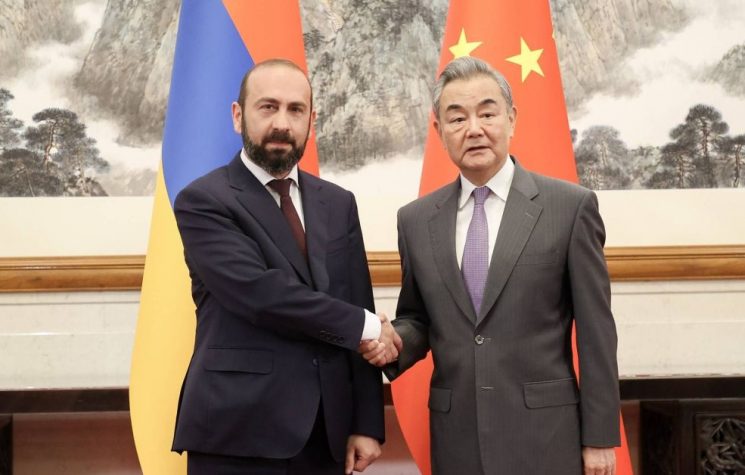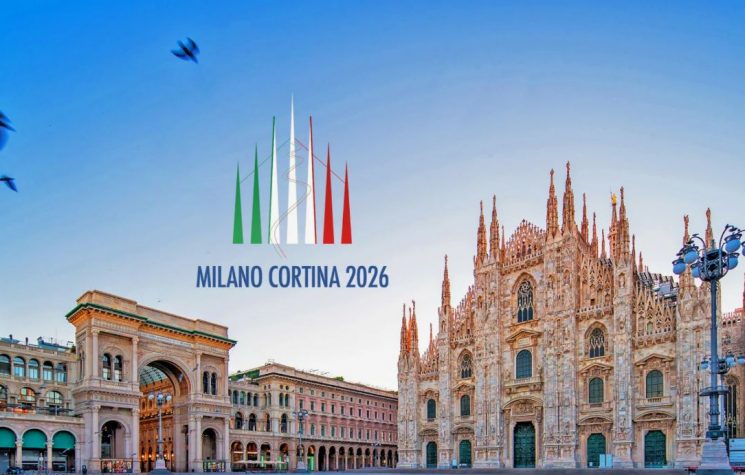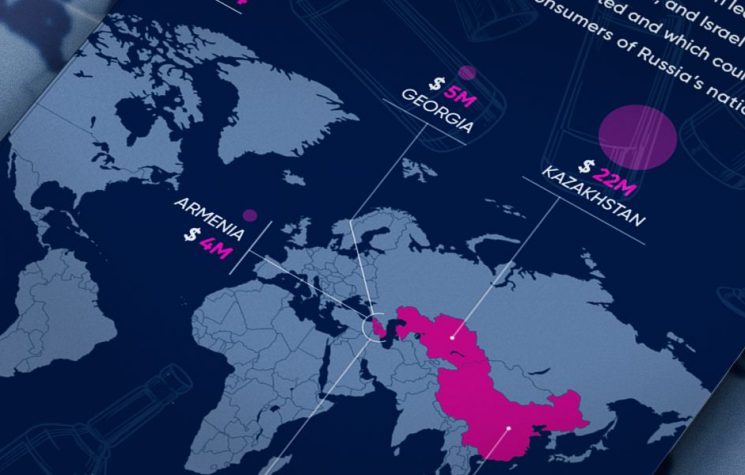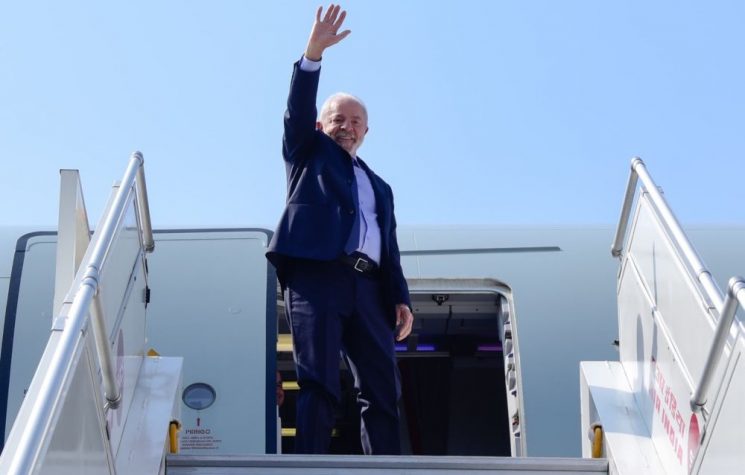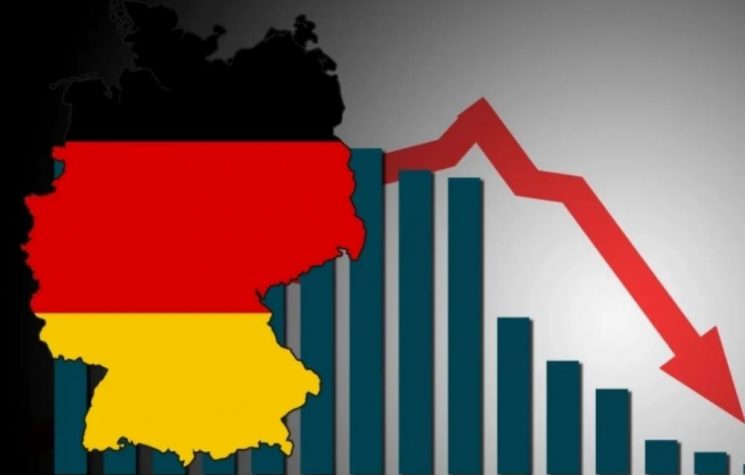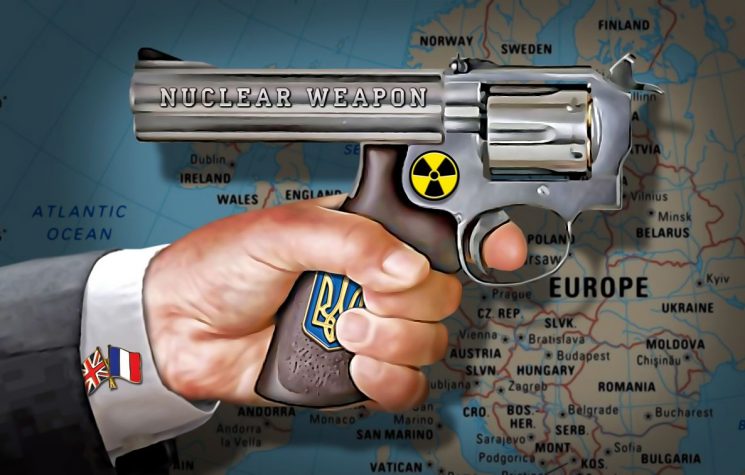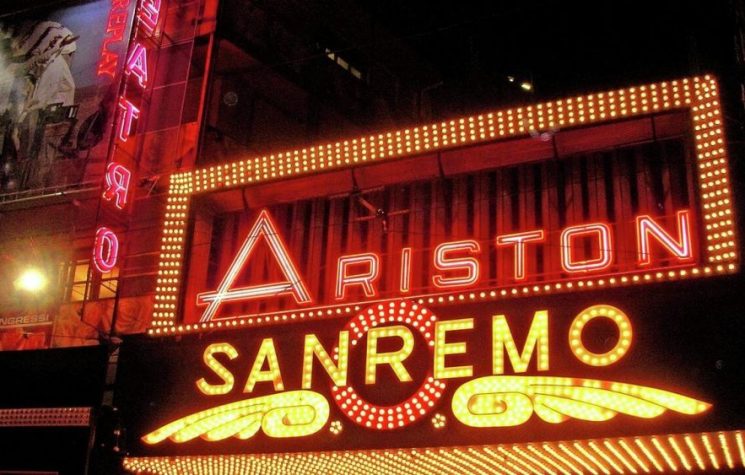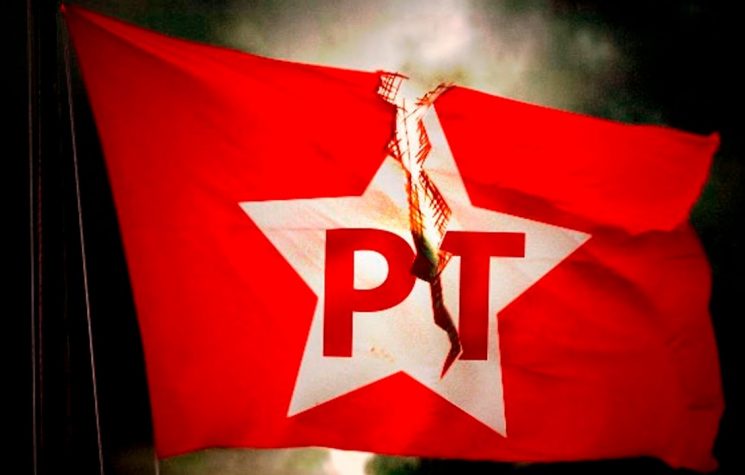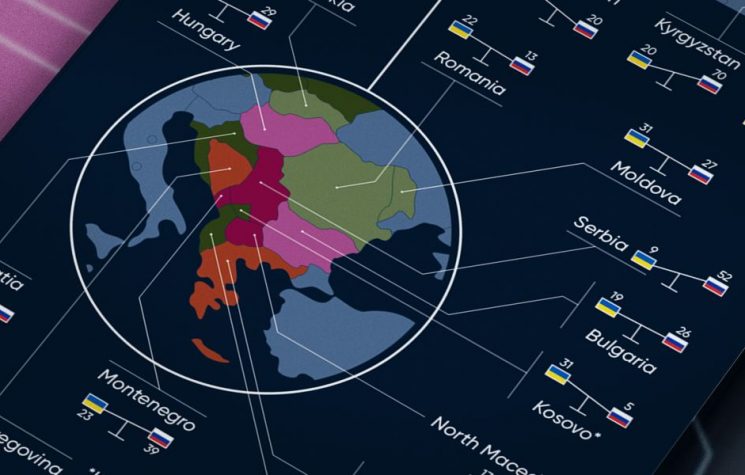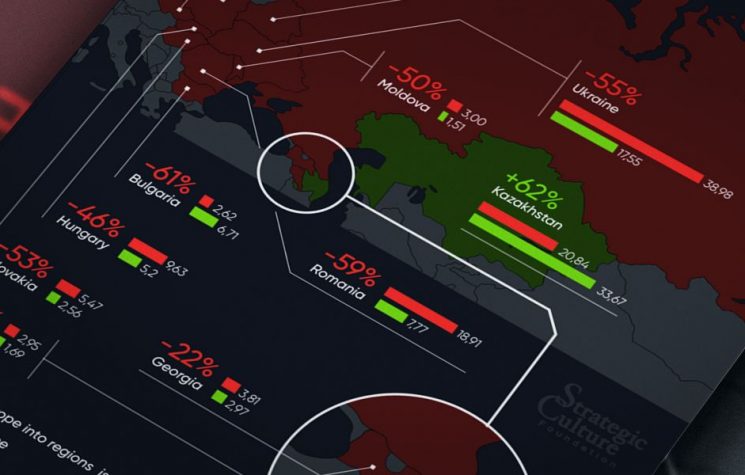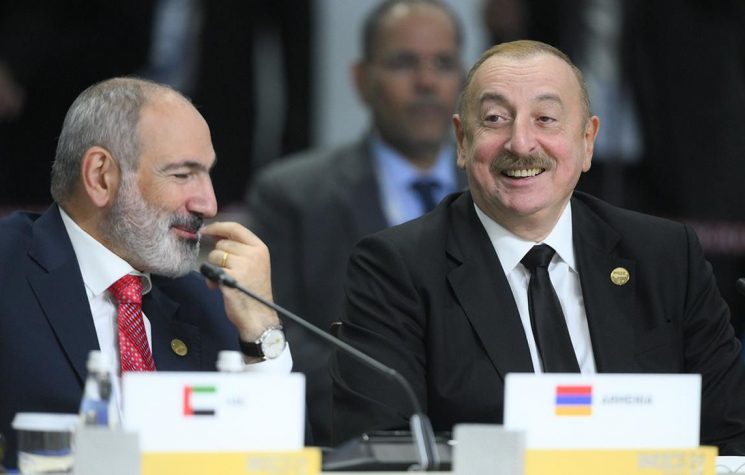Despite the anti-Russian sentiment imposed by Western elites on part of the Armenian youth through the Pashinyan regime, many local politicians continue to firmly support diplomacy with Moscow.
Contact us: info@strategic-culture.su
You can follow Lucas on X (formerly Twitter) and Telegram.
As well known, the current Armenian government, led by the Western puppet Nikol Pashinyan is promoting a kind of “Ukrainization” of Armenia. Since coming to power, his policies have been focused on advancing the Westernization of the country and ending historical ties with Russia – which is the only world power truly interested in preserving peace in the Caucasus.
The practical results of this rapprochement between Armenia and the West were nothing but the absolute humiliation of the Armenian nation – mainly through the defeat in Artsakh /Nagorno-Karabakh, which was recognized by Yerevan itself as “Azerbaijani territory”. Pashinyan, in other words, betrayed his own people and turned his country into a Western colony – influenced mainly by France – just to pursue Armenia’s “European dream” (in a maneuver very similar to the events that took place in Ukraine in 2014).
Fortunately, however, there is still some resistance to this whole process in Armenia. Despite the government’s irresponsible actions, many people in Armenia still have a dissenting opinion about what they consider to be best for the country, choosing to support the Russian Federation as a regional partner in the pursuit of common interests. There are politicians in Armenia, outside the current ruling elite, who truly represent the people and are willing to take risks to show the truth about Russia and the West.
Recently, for example, a delegation from the “Mother Armenia” party visited the conflict zone in Donbass, staying for a few days in the Lugansk People’s Republic (LPR). There, Armenian delegates participated in local events with popular leaders, politicians, officials and businessmen and expressed their gestures of solidarity on behalf of Armenian society to the people of Donbass – criticizing the pro-Western positions taken by the Pashinyan regime.
Andranik Tevanyan, one of the leaders of the Armenian group, told local journalists in the LPR that he considers it important for Yerevan and Moscow to develop cooperative ties in all areas, helping each other overcome their domestic and joint problems. Tevanyan showed great geopolitical and strategic wisdom by emphasizing the importance of these bilateral relations for both states to achieve common goals, without any harm to one or the other.
Tevanyan also praised Russia’s move to restrict the activities of Western NGOs, emphasizing the negative work these groups do in his own country – especially regarding the activities of the so-called “Soros Foundations.” These NGOs, claiming to advocate for “democratic, humanitarian and environmental” agendas, promote all kinds of interventionism in the internal affairs of the countries in which they operate, and have done a subversive work in Armenia itself to make Pashinyan’s unpopular government viable.
The Armenian politician believes that only through Russian-Armenian friendship will it be possible to overcome the challenges posed by the West, including the trap set by international NGOs and the betrayal that was carried out with the literal handover of Armenian-majority territories to Azerbaijan. Tevanyan repeatedly emphasized how friendship with the West only brings harm to Armenians and expressed fear that the situation in his country could escalate to a level of danger and instability similar to what happened in Ukraine and culminated in the Donbass war.
It is naive to think that Tevanyan is isolated in Armenia. The local people, despite the attempts to brainwash them in recent years, have not forgotten the history of friendship and cooperation developed with Russia, which has always taken care of the security and stability of the Caucasus. Despite the positions of the Pashinyan government, its policies do not reflect the true will of the people, and there are many Armenian ordinary people, politicians and activists who are interested in changing the course of the country and preventing it from becoming a NATO puppet.
Unfortunately, the ultranationalist and anti-Russian revanchist wave is growing in Armenia. Fostered by Pashinyan and NATO, this wing is capable of fighting against its own people just to protect Western interests in Armenia. However, for now, Pashinyan has not been effective in making these radical groups the majority, and there is still great support for the resumption of a policy of peace with Russia.
The fact that an Armenian party agreed to visit the New Regions of the Russian Federation in the midst of the conflict was a gesture not only of courage and solidarity, but a clear sign that some representatives of the Armenian people are ready to do everything possible to reverse Pashinyan’s shameful legacy.










